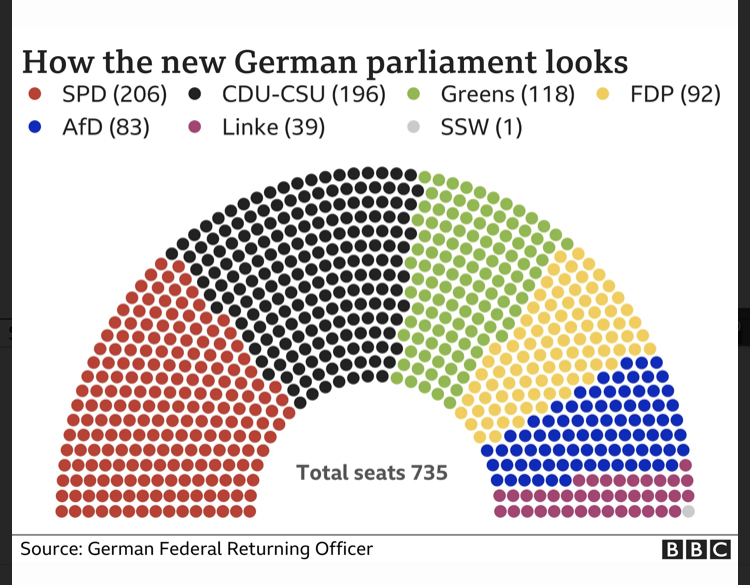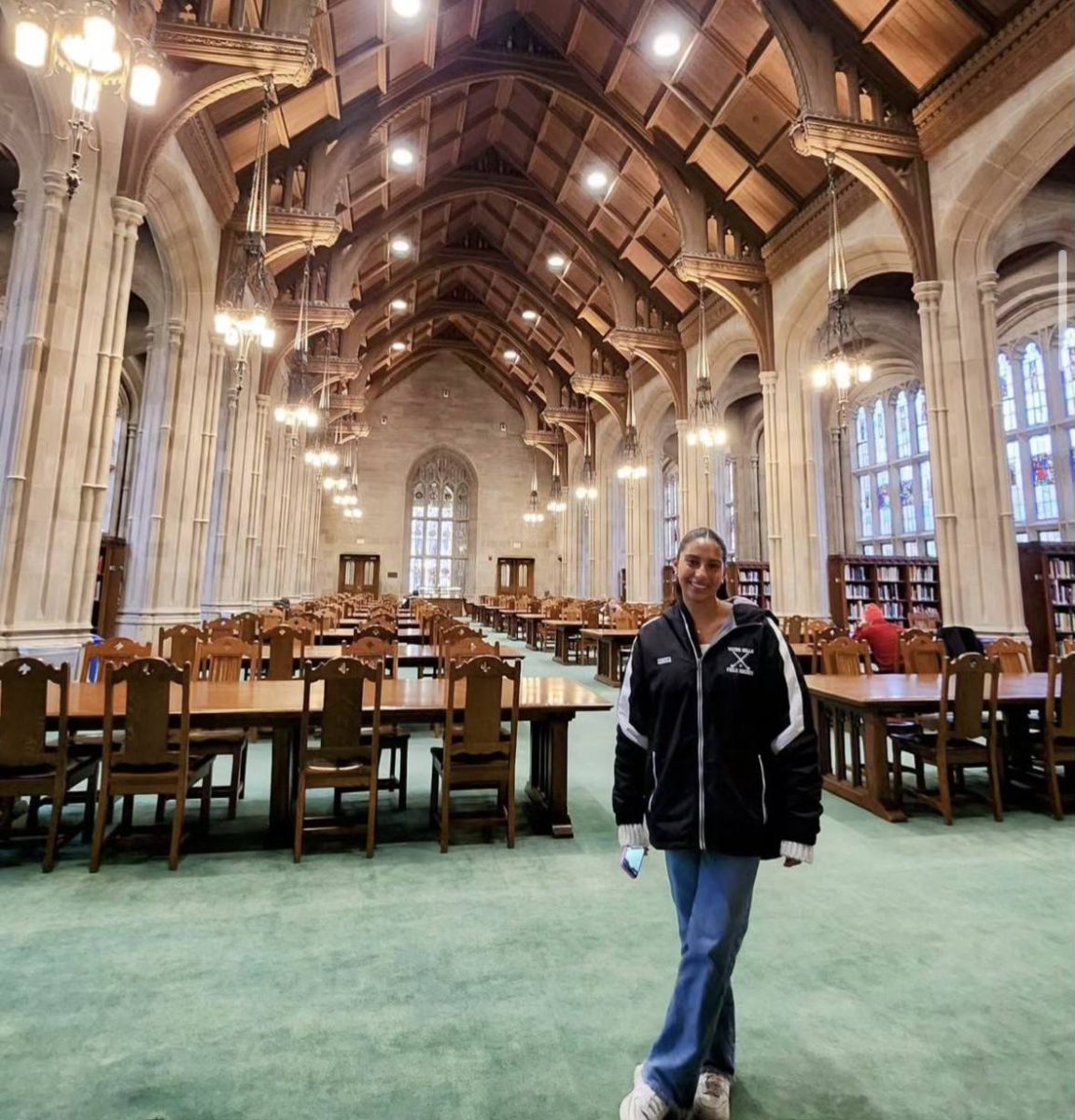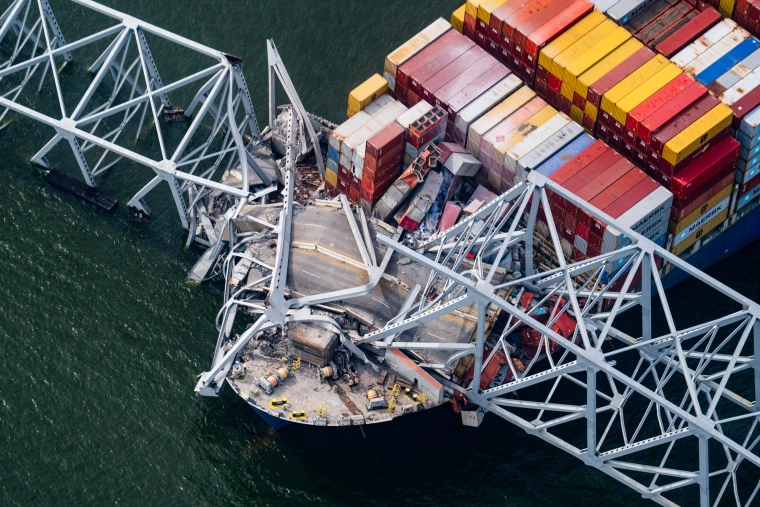Social Democratic Party Overtakes Christian Democratic Union in German Elections
September 30, 2021
Germany’s center-left Social Democratic Party (SPD) has ousted Angela Merkel’s Christian Democratic Union (CDU) from its place as the largest party in Parliament, winning 206 seats in comparison to the CDU’s 196. Chancellor Angela Merkel, who has been planning to resign after her term ends, will remain in the chancellorship until a new government is formed.
Other parties that were successful in the election include Alliance ‘90/The Greens, better known as simply the Greens, who won a record 118 seats, and the classical liberal Free Democratic Party (FDP), who won 92 seats.
Now that they are the largest party in the SPD are expected to form a government with party leader Olaf Scholz. However, the CDU’s leader, Armin Laschet, claims that he has party support to enter talks with other parties to form a coalition government. In the German parliament, 368 seats are necessary for a coalition government to form a majority.
Due to the tension forming between the SPD and the CDU in the wake of the election, a three-way coalition involving the Greens and the FDP along with one of the two major parties is looking more likely. This would be the first time that a coalition involving three parties would be formed in Germany’s history. However, the opposing viewpoints of the Greens and the FDP may make a three-way coalition harder to form.
Both the left-wing party Die Linke and the far-right party Alternative for Germany (AfD) had poor showings in the election, with Die Linke only making it into the parliament through the usage of direct mandates. However, AfD has become the largest party in the German states of Saxony and Thuringia.
In 2017, it took five months for a government to be formed, and if the situation were to repeat itself, Chancellor Merkel would not leave the office until after Christmas. A new government is wanted by the two major parties by the time Germany takes the leadership of the G7 nations in January 2022. This is crucial to the government and structure of Germany because a new government would either build on or destroy the work Merkel has done over her terms in office.
U.S. President Joe Biden’s reaction to the crucial election scores did not surprise many viewers. “I will be darned,” he said after finding out that the SPD was ahead in the election and on their way to succeed in Angela Merkel’s government. “They’re solid,” he also noted.
” I was excited and confused about this year’s elections. It’s going to be a close one,” said Sophomore Janae Murray. She like many of us was watching at home anxious about the results.
This year’s German elections raise questions for the future of the country. This vote has been melting away the power of the democratic rule, especially due to Laschet’s refusal to accept the CDU’s likely loss of a chance at forming a government. The opposing viewpoints of the Greens and the FDP also leave the effectiveness of forming a coalition up in the air.
















